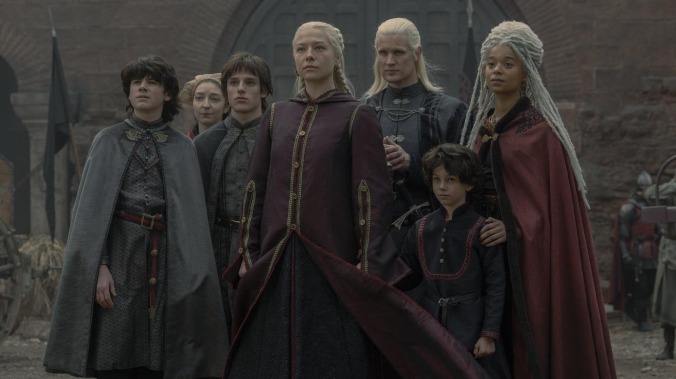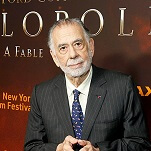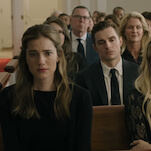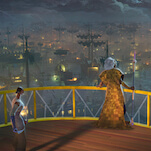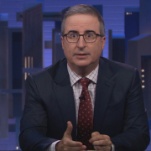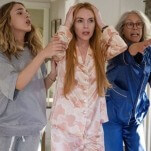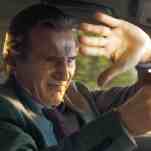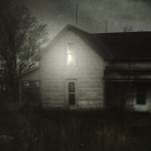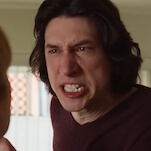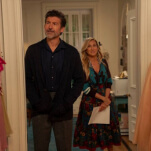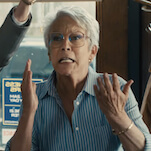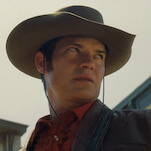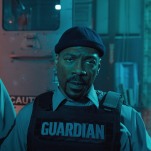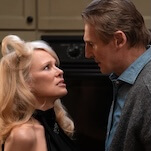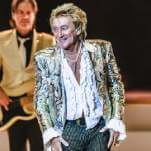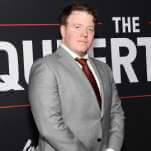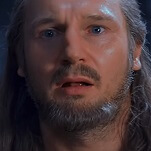Introducing Endless Mode: A New Games & Anime Site from Paste
Elliot Grihault, Harry Collett, Emma D’Arcy, Matt Smith, Phoebe Campbell Photo: Liam Daniel (HBO)
Despite the actions of parent company Warner Bros. Discovery, HBO proper still knows that quality takes time. This attitude helped the network become the standard-bearer for television, so much so that it once actively refused to be considered TV. While there has lately been reason to doubt this—HBO’s streaming service is kind of a mess, with a recent focus on ruthless cost saving resulting in the unceremonious dumping of well-loved material—there is also reason to believe that sometimes quality can still win. Case in point: the deliberateness with which HBO treats its Game Of Thrones spin-offs.
In a recent interview with Variety, HBO and HBO Max content CEO Casey Bloys said it would still be another year or two until the return of the network’s crown jewel House Of The Dragon. Fans should be relieved to hear it.
“My philosophy is a good script is number one priority,” Bloys said. “I am not doing it based on wanting to have one a year, two a year. I want to do it based on the scripts that we’re excited about.”
This has long been the case when it comes to Game Of Thrones. It’s easy to forget that the sprawling adaptation of George R.R. Martin’s work launched right between Disney’s 2009 purchase of Marvel and its 2012 purchase of Star Wars. The acquisitions created a two-forked assault on the multiplex where anything and everything could and should be an endless franchise, any character can support a movie, and the more easter eggs, the better. Yet, while Game Of Thrones, with its richly detailed history, complex characters, and passionate fandom, would’ve been an easy spin-off generator, HBO has played its hand carefully. The company reportedly spent $30 million on a pilot starring Oscar-nominee Naomi Watts and canned the thing. Unlike Batgirl, which was halfway through filming, pilots are a proof of concept that more often than not reveal themselves to be cost savers in the long run.
“Remember to get House Of The Dragon following up from Game Of Thrones, we developed a lot of shows, shot a pilot, developed a bunch of scripts and we got House Of The Dragon,” Bloys said. “To do that again is going to take the same amount of effort. You have to develop a lot of things, try things. You never know what’s going to work. So we’re currently doing that. I’m not opposed to any number of shows. There’s probably a natural limit to how many fans want, but I’m open to any as long as we feel really good about the scripts and the prospects for a series.”
Unlike Bloys’ boss at Warner Bros. Discovery, who wants to “focus on franchises” at a time when Marvel fatigue is starting to hit the mainstream, HBO realizes that too much Game Of Thrones is bad for the Game Of Thrones business. The market already felt a little over-saturated when Lord Of The Rings: The Rings Of Power and HOTD premiered within weeks of each other. Beyond that, more HOTD too quickly would create a logjam for visual effects houses; just look at how things are going at Marvel, where artists say they were forced to put all their resources into Wakanda Forever while Quantumania’s VFX staff was forced to use “shortcuts.”
“I think the movie is getting the reviews it’s been getting because Marvel is doubling down as much as possible on constricting quality,” one VFX technician told Vulture. “They’re squeezing blood out of stones. And we’re out of blood.”
A show like House Of The Dragon requires teams to produce essentially 10 Marvel movies per season. So it would make sense to make sure that the actual script is good before starting to put pixel to screen—as opposed to Marvel, which pre-visualizes action sequences before the script is even written. But HBO’s not only looking at this strategy for massive effects tentpoles like HOTD. Bloys says that the network’s other crown jewel, Succession, won’t be a franchise starter, with good reason: It’s not Game Of Thrones.
“When we started talking about doing a Thrones prequel that was something that HBO had historically never done,” Bloys said. “I had some people internally saying, ‘This is crazy. What are you doing?’ That said, I think that there’s something about the universe that George created that lent itself to [spin-offs]. There’s a huge history, a lot of different families, a lot of different wars and battles. It doesn’t seem to me that there’s something in Succession where you would go, ‘Let’s follow just this kid’ or whatever. It doesn’t seem like a natural thing to me. But if [creator Jesse Armstrong] said I want to do this, then I would follow Jesse’s lead.”
Treating these massive seasons of television as something other than a content mill appears to be the right call. House Of The Dragon premiered after years of development to mostly positive reviews and a happy fanbase—well, happier than they were after the last season of Game Of Thrones. To that same token, taking two years between Successions indicates a similar kind of care. Call it the Larry David method; take as much time as you need, just make sure it’s good when it gets here.
